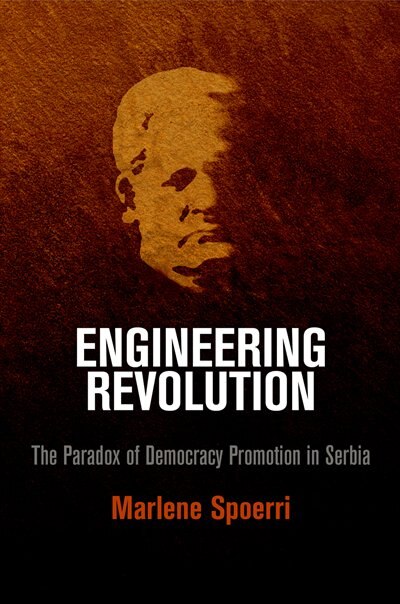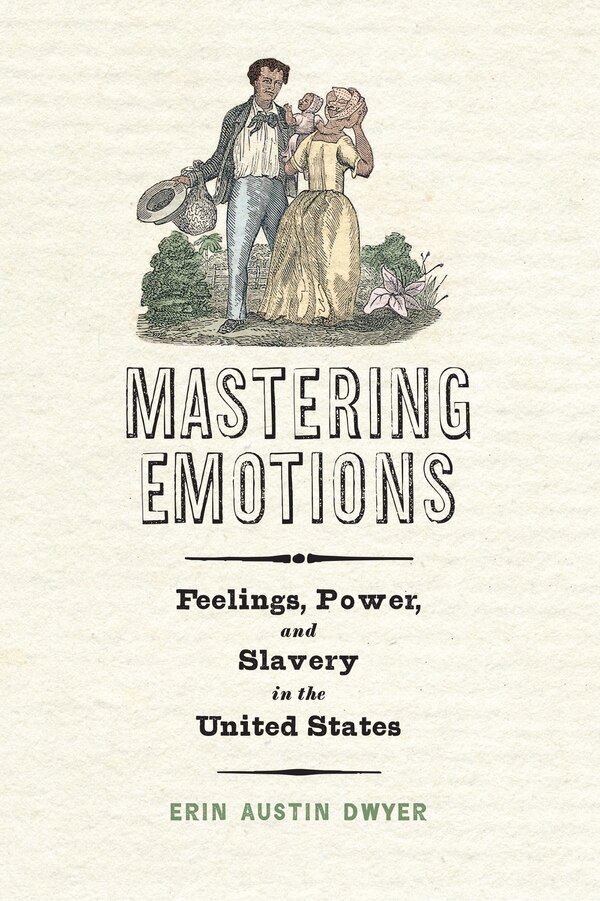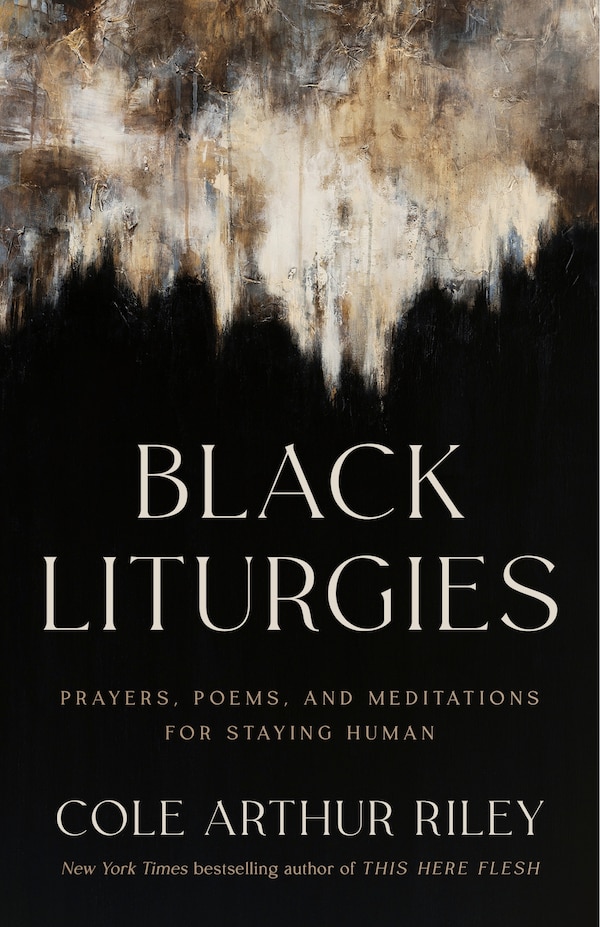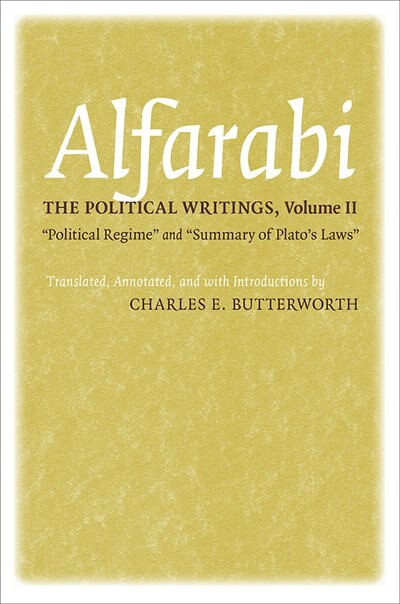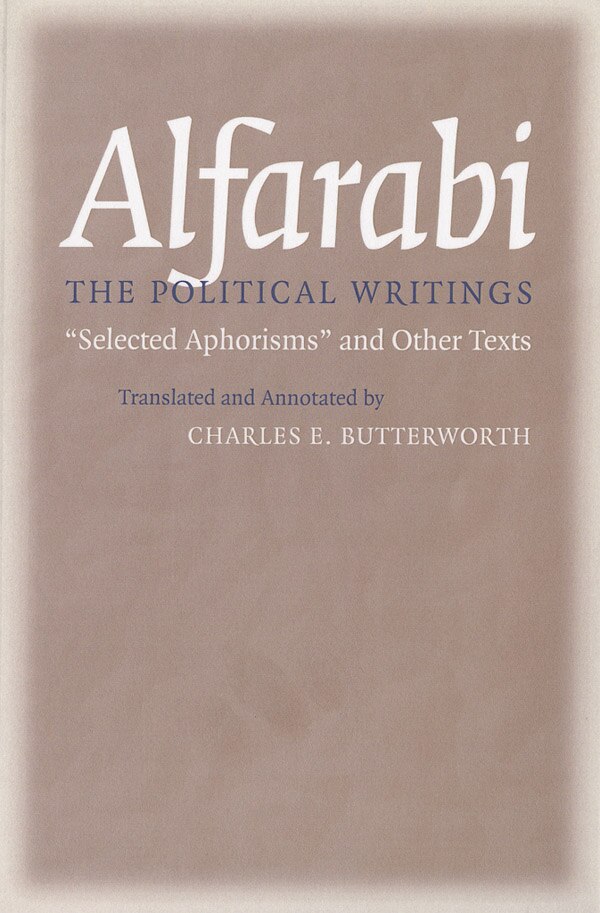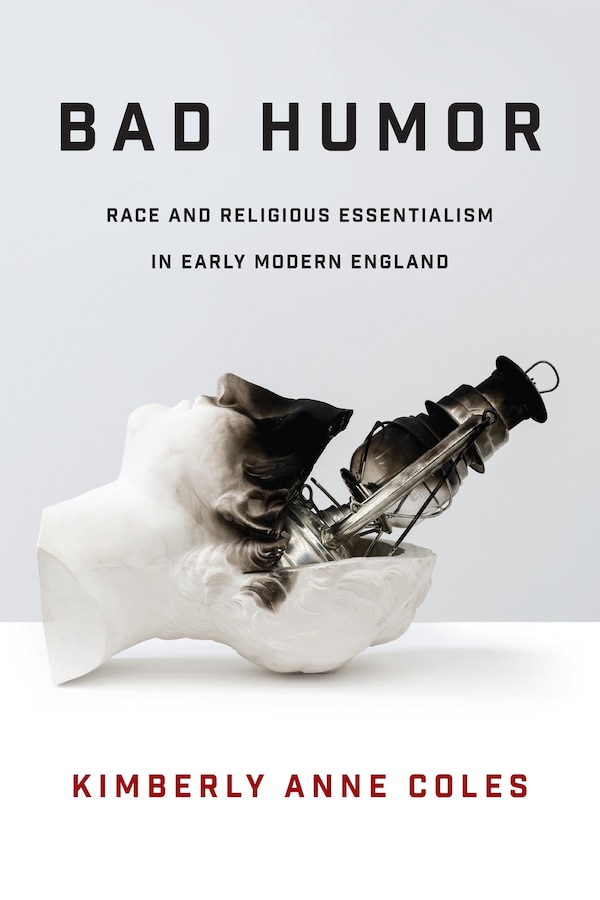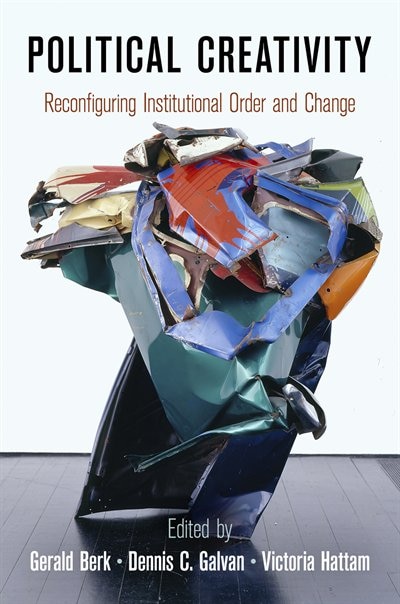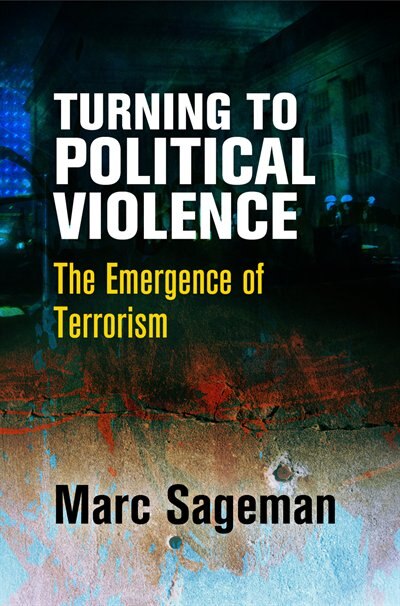
Choice Made Simple!
Too many options?Click below to purchase an online gift card that can be used at participating retailers in Village Green Shopping Centre and continue your shopping IN CENTRE!Purchase HereHome
POLITICAL EMOTIONS by Marlene K. Sokolon, Paper over Board | Indigo Chapters
Coles
Loading Inventory...
POLITICAL EMOTIONS by Marlene K. Sokolon, Paper over Board | Indigo Chapters in Vernon, BC
From Marlene K. Sokolon
Current price: $64.95
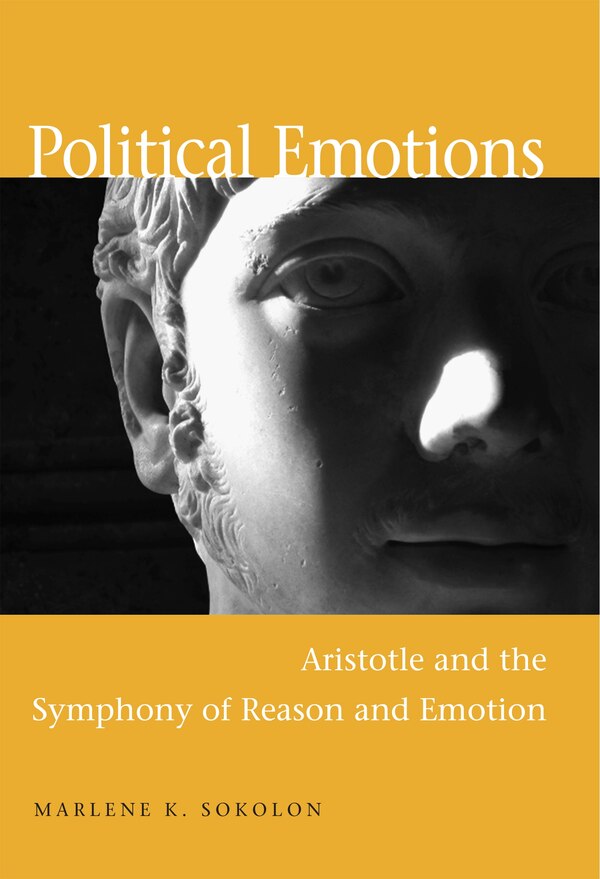
Coles
POLITICAL EMOTIONS by Marlene K. Sokolon, Paper over Board | Indigo Chapters in Vernon, BC
From Marlene K. Sokolon
Current price: $64.95
Loading Inventory...
Size: 0.94 x 9 x 350
*Product information may vary - to confirm product availability, pricing, shipping and return information please contact Coles
A rioting crowd in a burning city, a lynch mob circling a battered body, a campaigning senator exaggerating the threat of an enemyÆs bombs-evidence of the power of anger, hate, and fear has lead many political philosophers to call for rationality as the exclusive basis for a stable, just society. Yet Aristotle himself granted emotions a role as significant as that of reason in political life. In this timely book, Marlene K. Sokolon revisits AristotleÆs understanding of emotions and finds that his ideas not only resonate with current psychological theories but, more importantly, offer a resource for political life in the twenty-first century. Identifying fourteen political emotions, ranging from pity through envy, benevolence through shame, Aristotle discovered that, inherently, they are neither negative nor positive. Significantly, different emotions have different functions. Anger and love pertain to the well-being of the individual and his/her family and friends. Indignation and benevolence, in contrast, are more concerned with the security of other, unrelated persons. Aristotle asserted that these political emotions, united in a harmonious \u201csymphony\u201d with reason, could lead to stability, justice, moral action, and community. But exactly what are emotions? According to Aristotle, they are both innate physiological processes and psychological assessments of oneÆs political and social environment. This concept, Sokolon shows, stands up surprisingly well in light of current evolutionary, cognitive, and social construct theories. Combining modern science and ancient thought, she concludes by suggesting a framework for understanding the interaction of emotion and cognitive rationality in sociopolitical decision making and behavior. | POLITICAL EMOTIONS by Marlene K. Sokolon, Paper over Board | Indigo Chapters
A rioting crowd in a burning city, a lynch mob circling a battered body, a campaigning senator exaggerating the threat of an enemyÆs bombs-evidence of the power of anger, hate, and fear has lead many political philosophers to call for rationality as the exclusive basis for a stable, just society. Yet Aristotle himself granted emotions a role as significant as that of reason in political life. In this timely book, Marlene K. Sokolon revisits AristotleÆs understanding of emotions and finds that his ideas not only resonate with current psychological theories but, more importantly, offer a resource for political life in the twenty-first century. Identifying fourteen political emotions, ranging from pity through envy, benevolence through shame, Aristotle discovered that, inherently, they are neither negative nor positive. Significantly, different emotions have different functions. Anger and love pertain to the well-being of the individual and his/her family and friends. Indignation and benevolence, in contrast, are more concerned with the security of other, unrelated persons. Aristotle asserted that these political emotions, united in a harmonious \u201csymphony\u201d with reason, could lead to stability, justice, moral action, and community. But exactly what are emotions? According to Aristotle, they are both innate physiological processes and psychological assessments of oneÆs political and social environment. This concept, Sokolon shows, stands up surprisingly well in light of current evolutionary, cognitive, and social construct theories. Combining modern science and ancient thought, she concludes by suggesting a framework for understanding the interaction of emotion and cognitive rationality in sociopolitical decision making and behavior. | POLITICAL EMOTIONS by Marlene K. Sokolon, Paper over Board | Indigo Chapters


